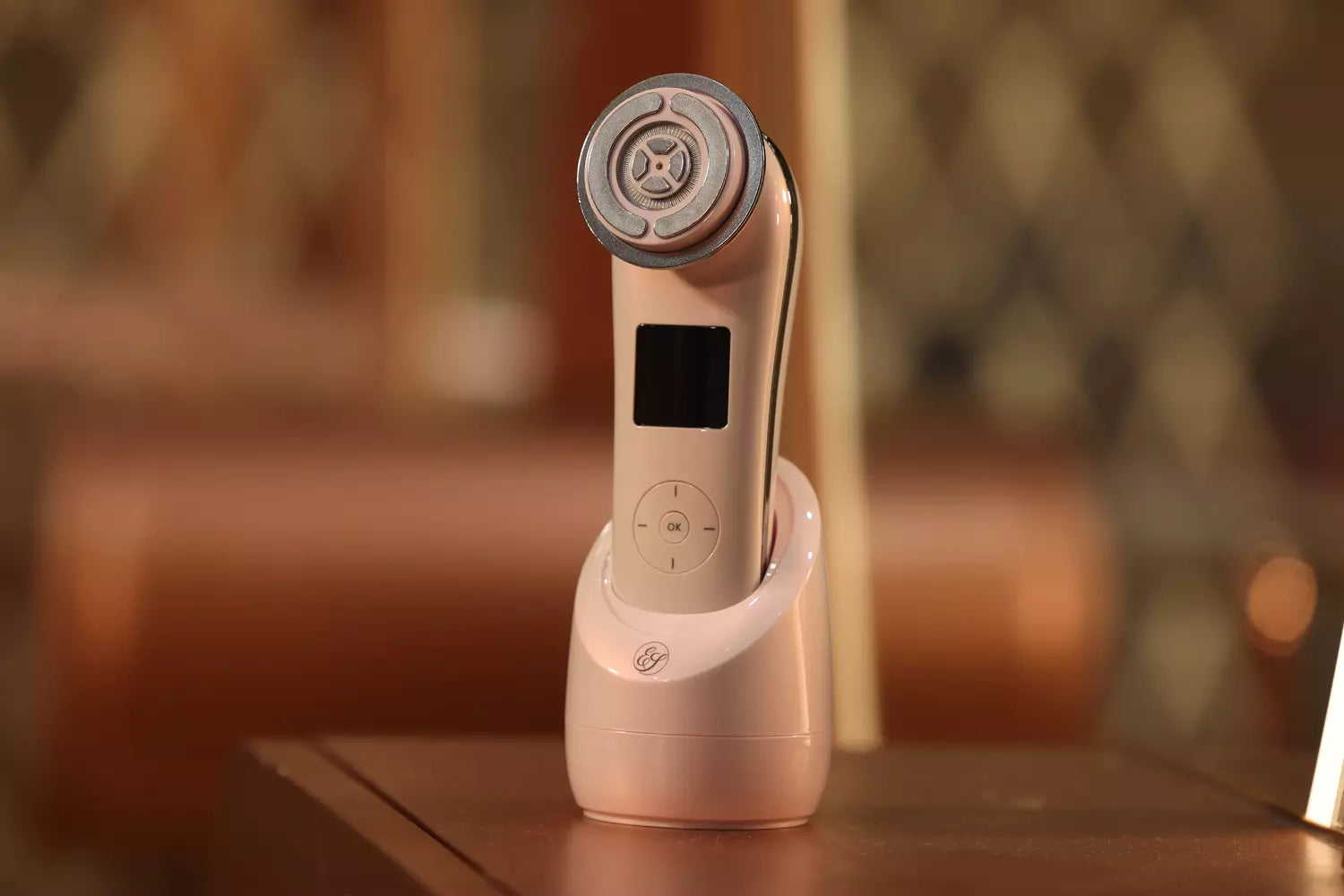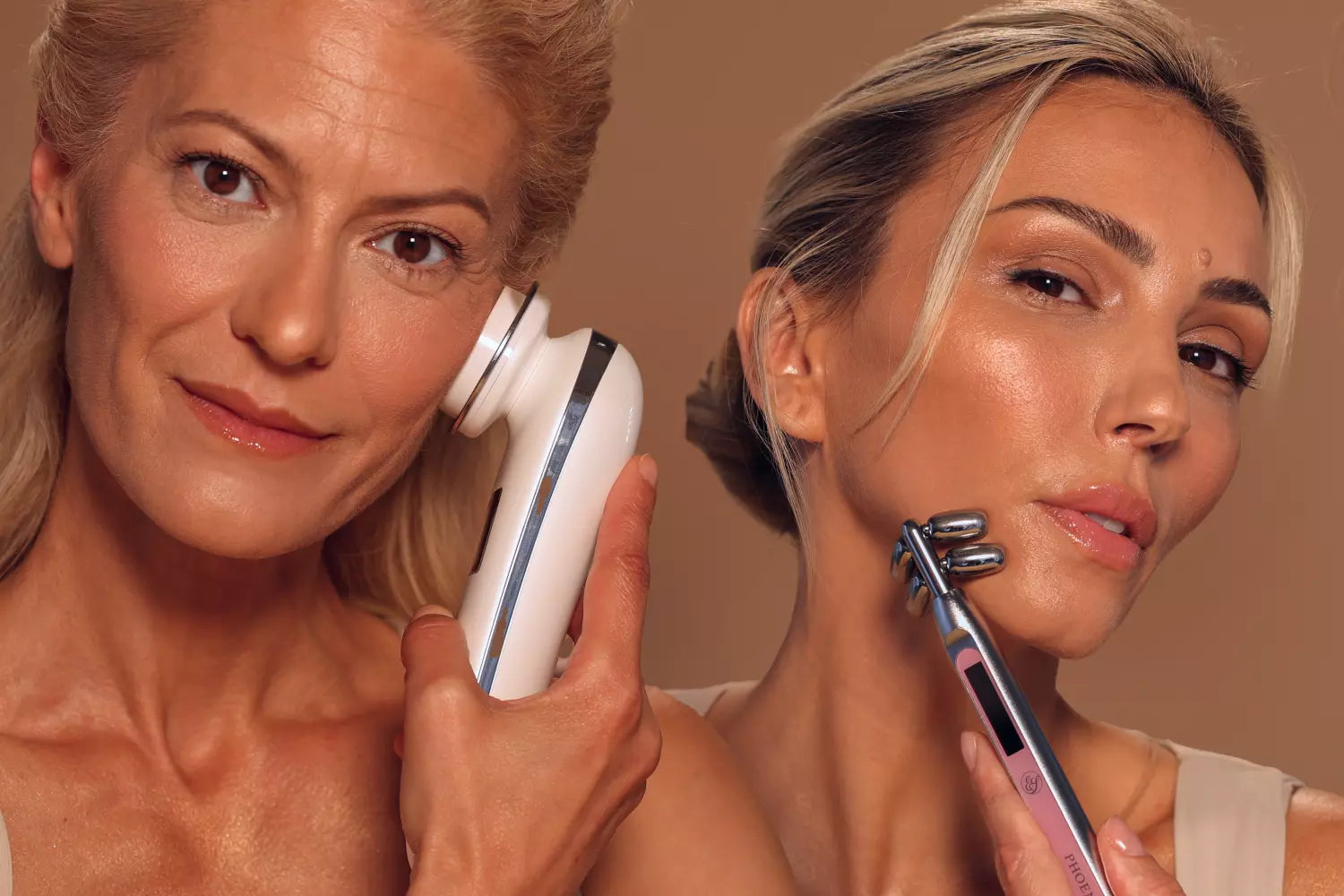Psoriasis is an autoimmune disorder that affects approximately 2% of the population in the United States.
In this article by Harvard Health Publishing, Dr. Gideon Smith, an associate professor of dermatology, said that psoriasis is a common skin condition that affects everyone differently. Scientists can’t pinpoint the exact risk factors because the risk factor for psoriasis is genetic.
In another article by the same publisher, those who are afflicted with psoriasis usually exhibit itching and scaling, and this is coupled with serious complications with other organs. Studies have shown that psoriasis patients are predisposed to developing Type-2 diabetes, cardiovascular issues, and psoriasis arthritis.
However, having psoriasis is not a death sentence. A thesis submitted at the University of Montana documented one patient who came to terms with having psoriasis, that the patient is comfortable living with psoriasis.
It is undeniable that there are discomforts experienced by those who are afflicted with the disorder. There is no known cure for psoriasis as of the moment. Most of the treatment for psoriasis is directed to managing the flare-ups, making sure patients can go on with their day-to-day activities.
Can You Remove Unwanted Hair?
Often, in continuing with their daily lives, patients wonder if it is safe to remove unwanted hair.
A definitive answer is yes, but they have to be careful. Dr. Stephen Stone explained that any skin trauma should be avoided because it is a trigger for psoriasis. This means that shaving, waxing, and similar methods of hair removal should be done at the patient’s discretion.
As mentioned earlier, psoriasis affects patients differently. There are those who do not have a flare-up after shaving or waxing while there are those who immediately have a flare-up after any hair removal procedure.
Thus, most experts of the field advise that the patient visit first his or her dermatologist to assess if psoriasis has been managed and if it is advisable to have a hair removal procedure.
In an interview, Dr. Rosalyn George, board-certified dermatologist and a fellow of the American Academy of Dermatology, said she usually advises her patients to use a laser for hair removal. Her reason is that laser is the least irritating method of hair removal, especially in sensitive areas such as the bikini and underarms.
During laser hair removal, light is used to destroy the hair follicle, ensuring that it won’t grow back. There are clinics that offer such services, and there are also laser home devices available so that patients can have the procedure in the comfort of their homes.
There are a lot of home devices available which allow psoriasis patients to remove unwanted hair easily. The handset is from EvenSkyn, a company dedicated to helping people achieve their skin care goals with its easy-to-use at-home devices. Its other handsets can remove acne-causing bacteria and prevent or reverse the skin’s aging process and also provides skin tightening as well.
However, there is still a drawback to using laser. For one, it takes several sessions, estimated at least six sessions, for the hair removal to effect. In most cases, it is permanent, so patients can rest easily after the treatments.
A word of warning, laser hair removal is not effective on women’s facial hair and also on white, gray, blonde, or red hair.
Author: April Ann Q.
References:
“A deeper look at psoriasis.” (2018). Harvard Health Publishing. Retrieved from https://www.health.harvard.edu/diseases-and-conditions/a-deeper-look-at-psoriasis
“Psoriasis: More than skin deep.” (2019). Harvard Health Publishing. Retrieved from https://www.health.harvard.edu/diseases-and-conditions/psoriasis-more-than-skin-deep
Gittings, M. (2005). The lived experience of patients with psoriasis. Retrieved from https://scholarworks.montana.edu/xmlui/handle/1/1338
Lee, K. (2020). What to Know About Hair Removal if You Have Psoriasis. Everyday Health. Retrieved from https://www.everydayhealth.com/psoriasis/hair-removal-methods









Leave a comment
All comments are moderated before being published.
This site is protected by hCaptcha and the hCaptcha Privacy Policy and Terms of Service apply.